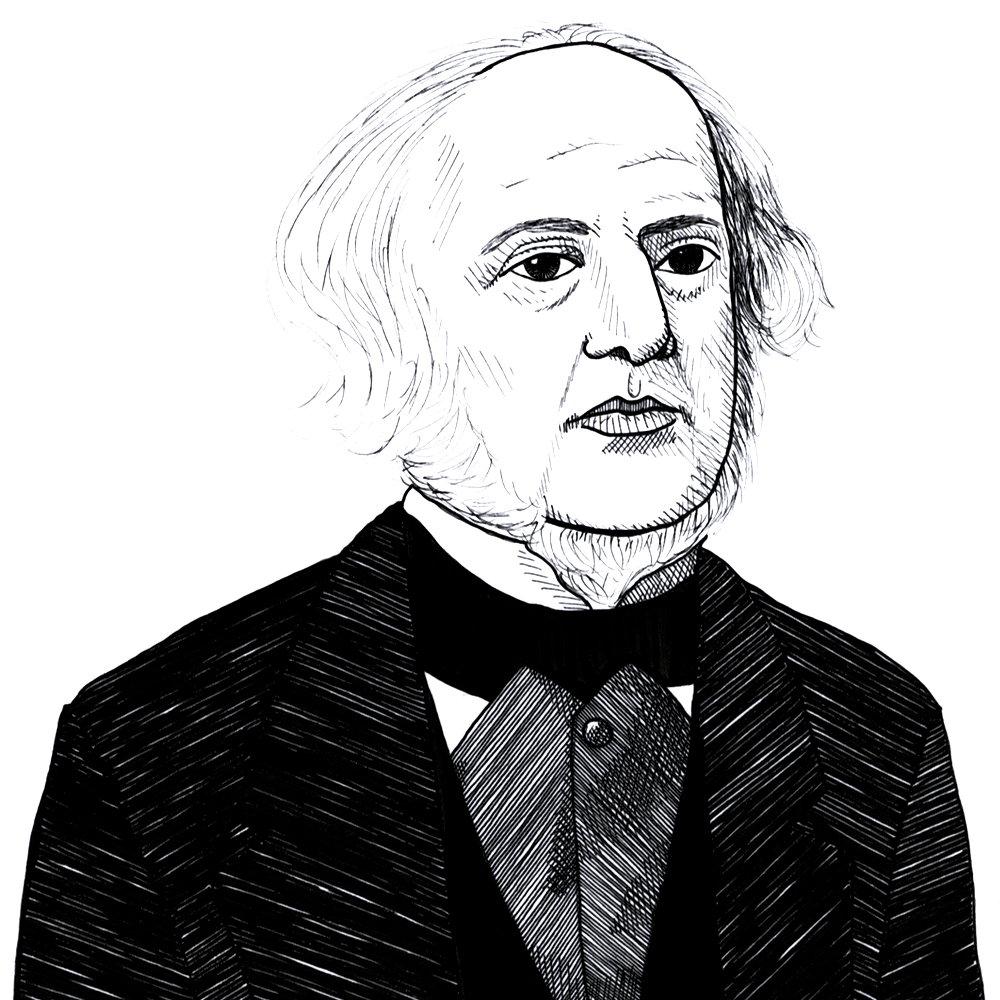
John Bright calls British foreign policy “a gigantic system of (welfare) for the aristocracy” (1858)
Found in: Selected Speeches of the Rt. Hon. John Bright M.P. On Public Questions
The British MP John Bright (1811-1889) gave a speech to his constituents in the Birmingham Town Hall on October 29, 1858 in which he asked who benefitted from Britain’s foreign policy of constantly interfering in the affairs of other nations? His conclusion was that it served the needs of the “place-hunters”, those members of the ruling elite who sought jobs for themselves, their families, and their friends. In other words, a form of welfare for the aristocracy:
War & Peace
There is no actuary in existence who can calculate how much of the wealth, of the strength, of the supremacy of the territorial families of England has been derived from an unholy participation in the fruits of the industry of the people, which have been wrested from them by every device of taxation, and squandered in every conceivable crime of which a Government could possibly be guilty.
The more you examine this matter the more you will come to the conclusion which I have arrived at, that this foreign policy, this regard for “the liberties of Europe,” this care at one time for “the Protestant interests,” this excessive love for the “balance of power,” is neither more nor less than a gigantic system of out-door relief for the aristocracy of Great Britain. [Great laughter.]